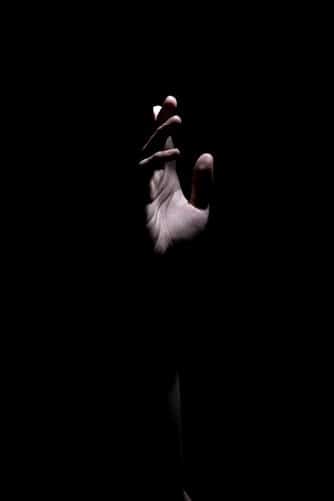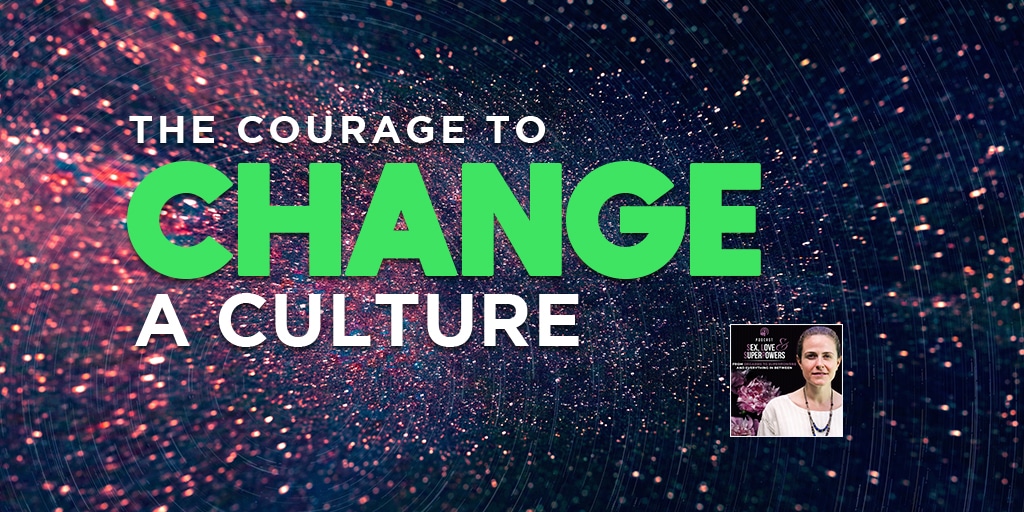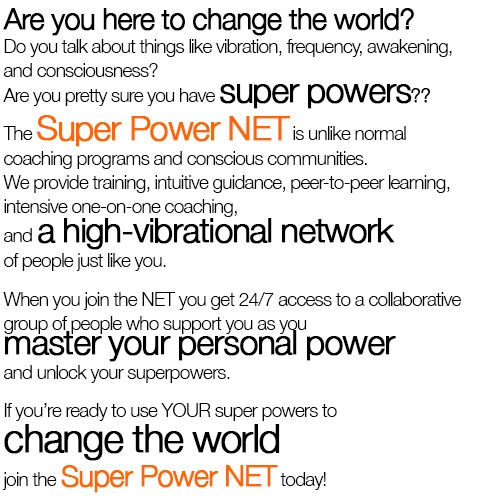
Hello, everyone. Welcome to the Sex, Love, and Superpowers podcast show. I’m your host, Tatiana Berindei, and today, I have with me the lovely Miss Claire Warden. We are going to be discussing the courage to change a culture. Let me tell you a little bit about Claire before we get started.
Claire is an intimacy director and coordinator, fight director, teacher and actress with over 20 years experience in theater, TV, and film across America and the UK. She is the director of engagement with Intimacy Directors International, and a founding member of IDI UK, and is co-leading the Intimacy Direction Movement across America and the world. Claire consults for, and intimacy coordinates on television networks, including HBO, as well as independent films. She will shortly be making history as the first intimacy director in a Broadway production for Frankie and Johnny in the Clair De Lune with Audra McDonald and Michael Shannon.
Claire trains faculty and students in acting training institutions across the country and has presented and given workshops for conferences and theater communities on both sides of the Atlantic. Her focus, joy, and purpose are empowering those she works with to achieve their full creative potential. She is deeply committed to serving the ensemble Advocacy for Actors, and supporting artists in their creative process.

It’s I noticing what happens in their body because of a change in mind and being able to name it.
Welcome to the show, Claire, I’m really happy to have you here.
Thank you so much, it’s lovely to be here.
Yeah, absolutely. No one is exempt from our first question. I like to start everyone off with this question, and I’m happy I get to ask it. Will you please share with our audience what your super powers are?
Oh, my super powers. My goodness, I think feeling what’s in other people’s bodies, I kind of … I have become very good at reading people’s bodies and I do it. My friend calls it surrogacy. It’s I noticing what happens in their body because of a change in mind and being able to name it. Which is very useful in my work. And a great fluidity and understanding of our emotional landscapes. I’m like an emotions woman.
Yeah.
Just understanding what they are and how they function and how to talk about them and have a… Make space for them.
Beautiful. And I’m sure that’s super integral to the work that you do.
Absolutely. It’s a very large part of how I can do my work well. In honoring the actors I work with.
So tell us a little bit about what an intimacy director is. Because it’s a relatively new position in the world of acting and theater and TV, right?
It is. It’s relatively newly recognized. We have in fact as a team been creating it for about 15 years. The first idea of it formed about 15 years ago with a woman called Tonia Sina, who created an approach to working with scenes of sex and intimacy as a response to her own bad experiences of having to do those kinds of scenes. And seeing those around her, her students and her colleagues. And we kind of created and codified the discipline and launched our company and our kind of group effort to bring it to the industry in 2016. And it took about a year of yelling into the void and trying to explain what it was. And then we started to gain traction and now it has become widely recognized as what may be the new industry standard for this work.
But I suppose the discipline itself, it’s kind of three fold. Firstly, it’s about advocacy for the actors and making sure whatever that they do in a scene of physical intimacy, whether it be familiar intimacy, sexual intimacy, nudity, some kind of physical interaction, that they have agency over their bodies and that everything that they’re doing is something they enthusiastically consent to. Or we find another way to tell the same story.
It’s also partly procedures and protocols for an entire group, an entire company. Whether that be a theater company that’s working a show or the crew of a film set, on how to hold and approach this kind of work and how it’s all going, to the structure that we build in order to create it.
And the third part is the craftsperson. I’m a physical storyteller and I tell… I craft stories with actor’s bodies so it’s about the nuances, the specificities, the stories that we can tell. The complexity of the story that we can tell with these actor’s bodies.
I totally love how you said that. Crafting a story with the actor’s bodies. Yeah. I have a little bit of a training background in the theater. That’s what I thought I was going to do with my life and life had other plans for me, but I remember when I learned that communication is 93% nonverbal. It was like, “Oh my god!”
Right?
There’s so much here in the body and in how we’re emoting and energetically expressing ourselves and how that lands for people. I mean it’s huge.
Absolutely. And for an audience as well, when we’re going to watch a play or watch a movie, yes we’re listening to the text of the play right, but so much of what we’re actually getting of the story or the whatever we’re watching is our bodies reading the actor’s body. It’s that kind of those mirror neurons that kick in. It’s like seeing what’s happening with these characters and their bodies and reading that body language. And if an actor is managing something or dealing with some kind of fear or anxiety about what’s going to happen to their body, that is read onstage or onscreen. So a lot of this work is about setting up the structure so that they have the confidence and what we’re reading is the story we’re telling as opposed to the story of an actor that’s surviving this play. Or trying to manage the fear of the possibility of what might happen to them.
Now I really want to talk more about that because I feel like there’s a hotspot in there that I really want to expose, but we do have to go to a quick break before I dive into that. And before we go to break, will you tell our listeners where they can go to find out more about you, about the company, about your work?
Yeah absolutely. Our company is called Intimacy Directors International and you can find our website, which is www.teamidi.org or honestly, Google Intimacy Directors and we’ll come up. And there’s information about all the accredited intimacy directors that we’ve trained and where they are in the country, about our work, about what it is, about our work with universities and training institutions.
Beautiful. Okay, awesome. So we are going to dive in more, we’re talking about the courage to change a culture with Claire Warden. Stay tuned, this is going to get really good I can tell. You don’t want to miss it.
To listen to the entire show click on the player above or go to the SuperPower Up! podcast on iTunes.
Music Credit: All instruments played by Amanda Turk. Engineered and produced by Tatiana Berindei and Daniel Plane reelcello.com
Podcast: Play in new window


